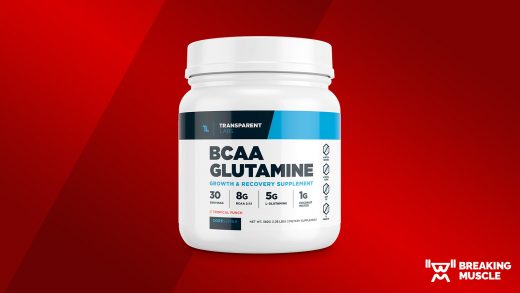
Supplied
The reality is that the ‘war on drugs’ has failed, says former PM Helen Clark.
Former Prime Minister Helen Clark is patron of the Helen Clark Foundation and chair of the Global Commission on Drug Policy.
OPINION: New Zealand has been a world leader in many areas – from votes for women, to comprehensive social security, to our nuclear-free stance and many other bold initiatives. In the drug policy sphere, we established the world’s first public needle exchange 35 years ago, saving lives and preventing transmission of infectious disease.
Now we have an opportunity to lead again on reducing harm from methamphetamine use. I am pleased to endorse a new report out today, co-commissioned by the Helen Clark Foundation and the New Zealand Drug Foundation: Minimising the Harms from Methamphetamine. It lays out sensible and evidence-based recommendations to protect our communities, drawing on both international evidence and local experts.
The reality is that the ‘war on drugs’ has failed. Prohibition does not work either in reducing the demand for or the supply of drugs. It actually causes serious harm, not least as criminalisation further stigmatises people and worsens downward cycles of addiction.
READ MORE:
* More than NZ$160 million worth of meth, cocaine found stashed in vintage Bentley
* Meth addict’s claim of ’26 days without sleep’ not possible, sleep expert says
* Meth addict pulled gun on partner ‘after 26 days without sleep’, court told
DENISE PIPER/STUFF
Northland District Health Board meth clinician Cordelia Waetford explains how methamphetamine is addictive and how treatment helps. (Video first published in January 2020).
Nearly 12,000 people have been convicted of a methamphetamine offence in the last five years in New Zealand, with almost 4000 of those people sentenced to prison. That impacts hugely on their own futures, and on their whānau and communities. Needless to say, methamphetamine use has not significantly decreased during this period.
Moreover, in some parts of the country, methamphetamine has replaced cannabis as the number one source of income for gangs and criminal groups. The high profits from the trade drive further crime.
New Zealand offers too little treatment and other support options to people who use methamphetamine. It is offered predominantly to those who are severely addicted, and/or who have entered the criminal justice system. Much of the treatment and other support offered is focused on abstinence, which can make it harder for people to seek help if they are worried that they will be shamed if they either do not wish to or are unable to abstain from use.
Our paper offers a comprehensive suite of health-based and evidence-backed proposals, which will reduce methamphetamine harm in Aotearoa.
- They include: The nationwide rollout of Te Ara Oranga – a successful community-led approach to reducing methamphetamine demand.
- Piloting a substitution therapy-style treatment for people who are addicted to methamphetamine, based on successful local opioid substitution therapy and international models.
- Addressing the underlying reasons some populations are using methamphetamine.
- The removal of criminal penalties for methamphetamine use.
- Increasing the availability and variety of treatment and support options, especially kaupapa Māori options.
The proposed substitution therapy-style pilot is based on local experiences of opioid substitution therapy, along with international examples, including successful heroin-assisted treatment in Switzerland and programmes that provide prescription amphetamines and opioids to dependent users in Canada.
KIERAN SCOTT/Supplied
Former Prime Minister Helen Clark.
Heroin-assisted treatment for people who use heroin has been in place in Switzerland since 1995, and has been proven to work. The average patient spends three years on the programme, and by the end of that time, 85% are no-longer using heroin daily. Our new report proposes a tightly controlled pilot of substitution-style therapy aimed at reducing methamphetamine harm.
Already New Zealand has experience with the tailored, health-based approach of Te Ara Oranga rolled out in Northland. It has been hugely successful compared to traditional abstinence-based programmes, with a return on investment of up to $7 for every dollar spent, and a 34% reduction in post-referral offending. This important programme has had bi-partisan support, and is now also being rolled out in the Eastern Bay of Plenty. It needs to be rolled out nationally, fast.
The time is now to focus relentlessly on harm minimisation from methamphetamine use. It is both pointless and costly to lock people who use the drug into cycles of addiction and incarceration. New Zealand can do better for its people, and be a leader in human rights- and health-based approaches to drug policy as our new report proposes.
What do you think? Email [email protected]


